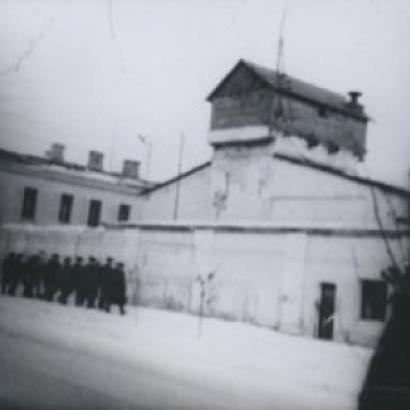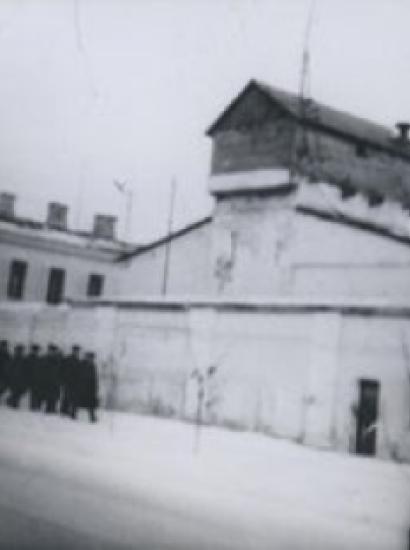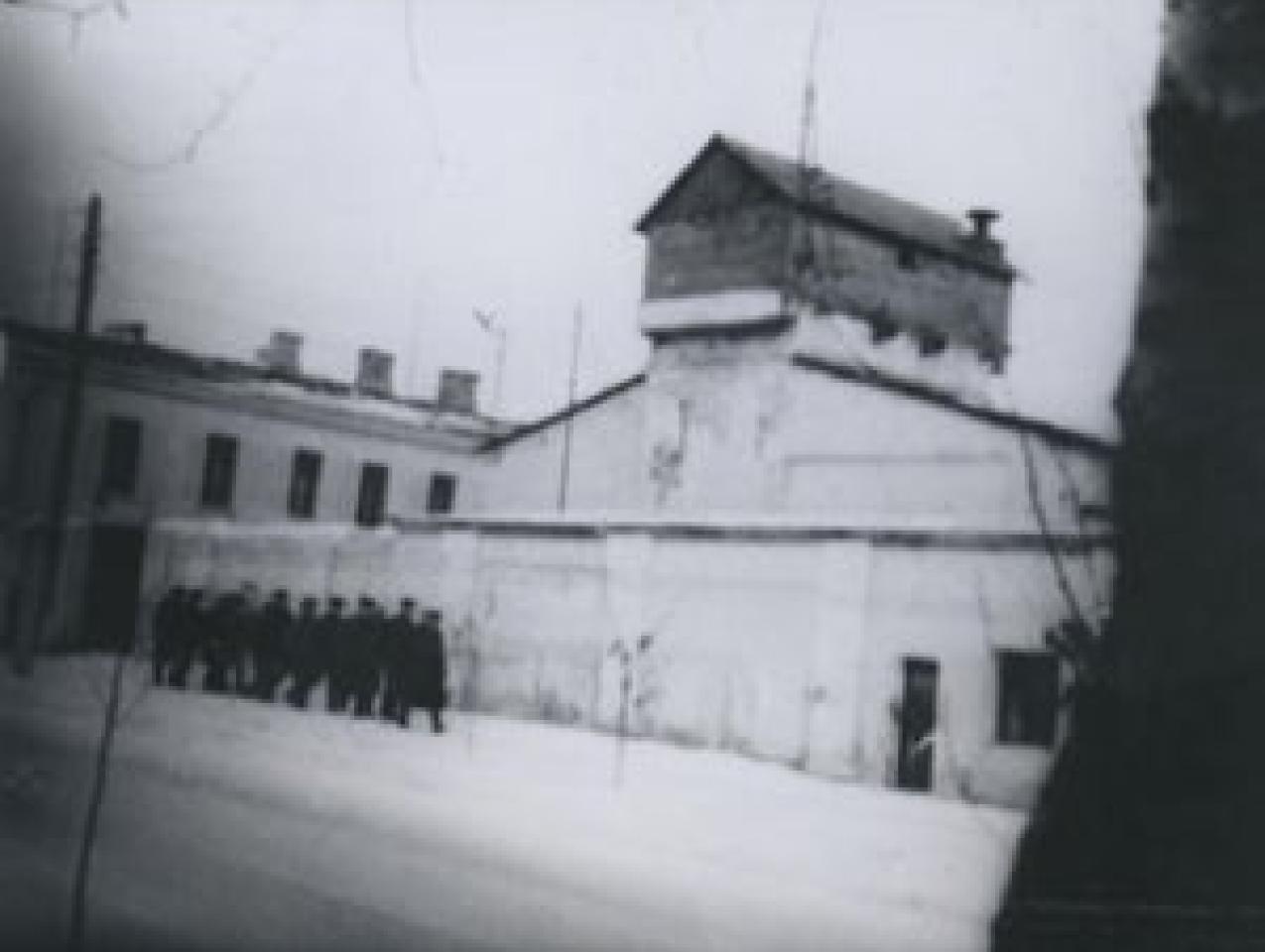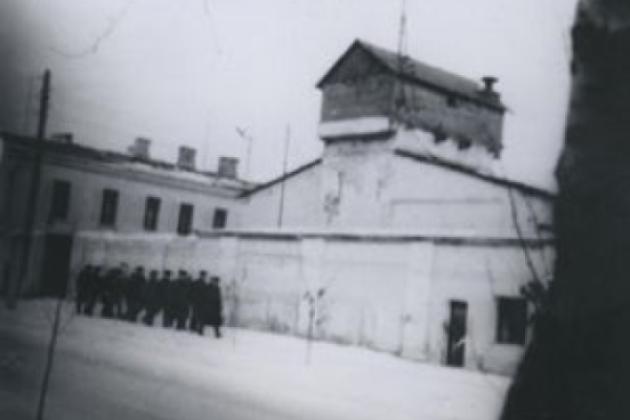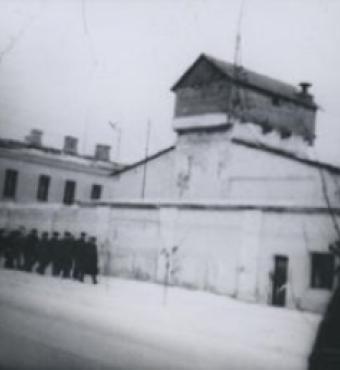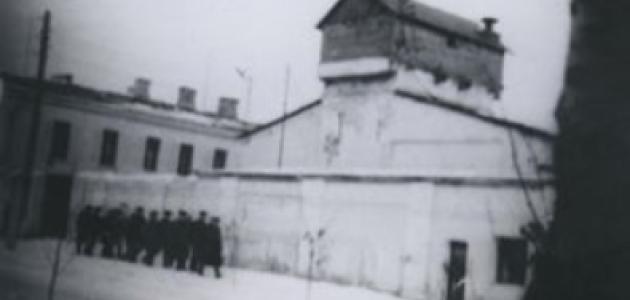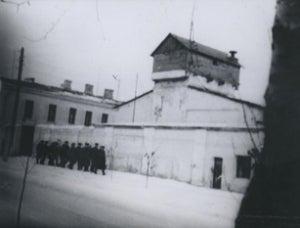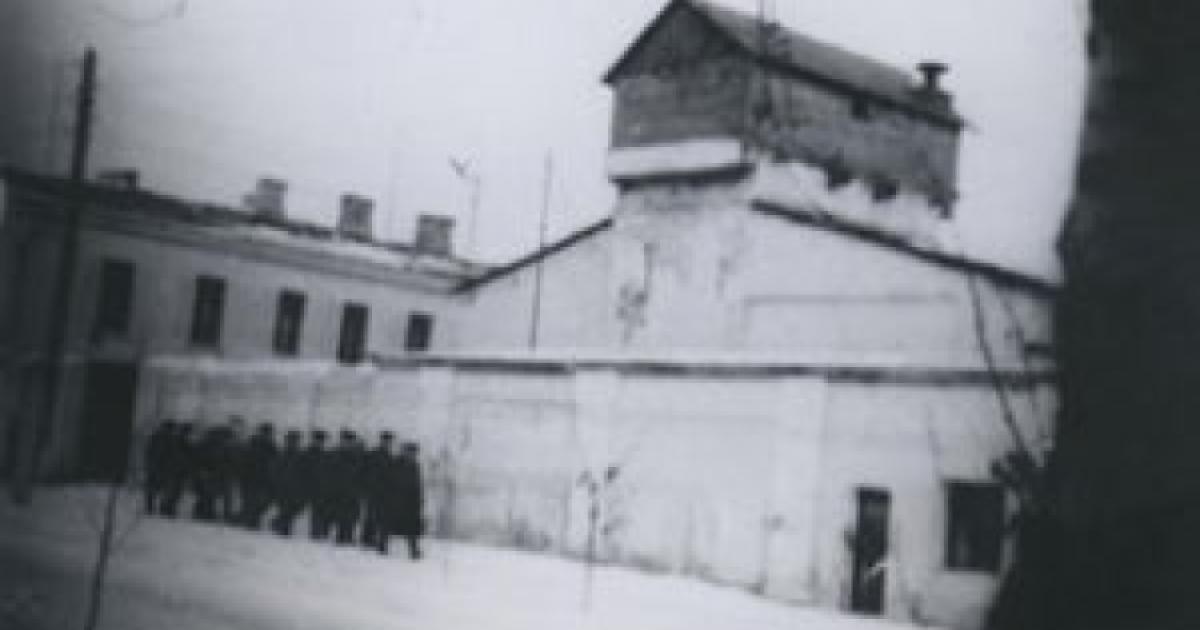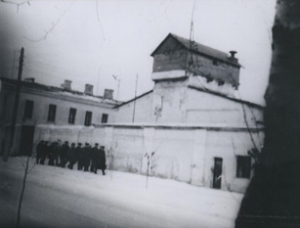
This exhibition of documents, photographs, posters, books, and audiovisual materials from the collections of the Hoover Institution Library and Archives illustrates the various aspects of the struggle for human rights in the Soviet Union from the 1960s onward.

Introduction
President Ronald Reagan welcomes dissidents Yuri Yarim-Agaev (left) and recently released Yuri Orlov (right) and his wife, Irina Orlov, to the White House on October 10, 1986, the day before Reagan was to meet with Mikhail Gorbachev in Reykjavik.
Iron Grip and Iron Curtain
Map of prisons, labor camps, and psychiatric prisons from The First Guidebook to Prisons and Concentration Camps of the Soviet Union (Uhldingen, Switzerland: 1980)
Leonid Brezhnev's Gulag
Dissidents held prisoner at the Oryol psychiatric hospital, February 1971.

History of Dissent
Letters of protests and petitions to Premier Aleksey Kosygin followed the arrests of writers Andrei Siniavskii (left) and IUlii Daniel’ (right) in Moscow on September 13, 1965.

Tearing the Iron Curtain
Arina Ginzburg, wife of imprisoned dissident Aleksandr Ginzburg, calls the U.S. embassy in Moscow while fellow dissident Sergei Moshkov ensures that no one enters the telephone booth. In the background, a KGB woman watches.

Dissidents and Their Activities
A tiny version of Aleksandr Solzhenitsyn’s Gulag Archipelago, published in Paris in 1973 for dissemination in the Soviet Union.

Dissidents and Their Activities Continued
Aleksandr Podrabinek in exile in Ust-Nera, one of the six political exiles visited by Yuri Yarim-Agaev in August–September 1979.

Supporting Dissidents
Exchange of New Year's greetings in 1985–1986 between Andrei Sakharov—still confined in Gorki—and Sidney Drell, American physicist and Hoover senior fellow, an ardent champion of Sakharov.

From Dissent to Democratization
Crowds in Moscow, in 1989, reading issues of the Express-Chronicle, the first uncensored newspaper regularly published in the Soviet Union.
Read an article about the exhibit, published in Hoover Digest.




